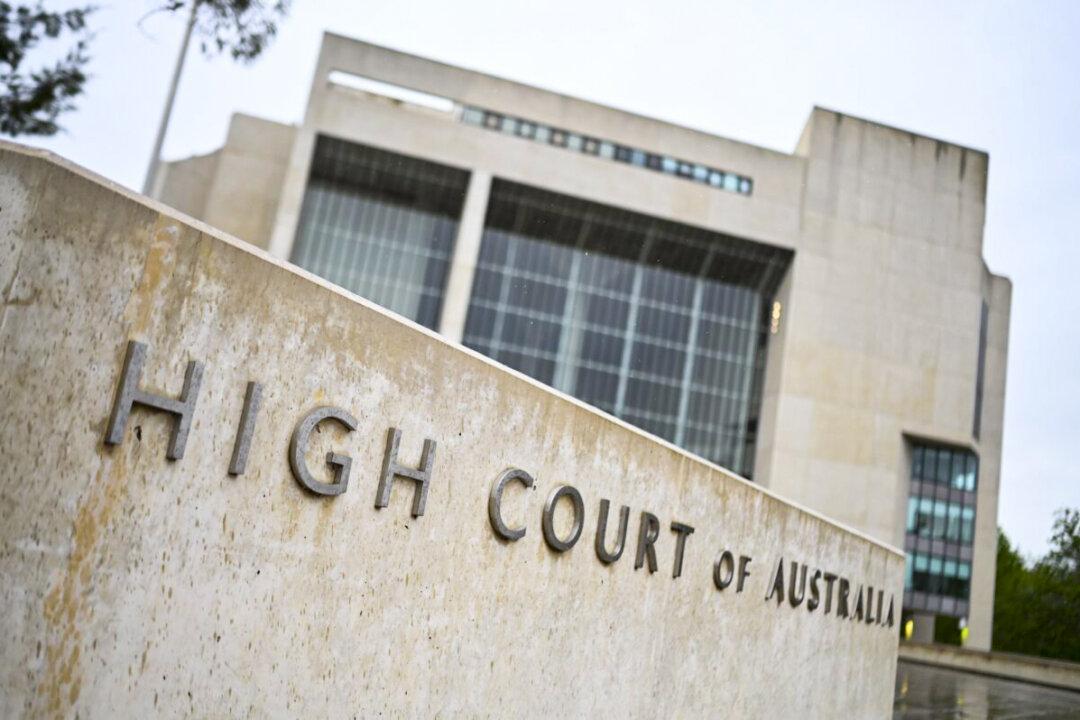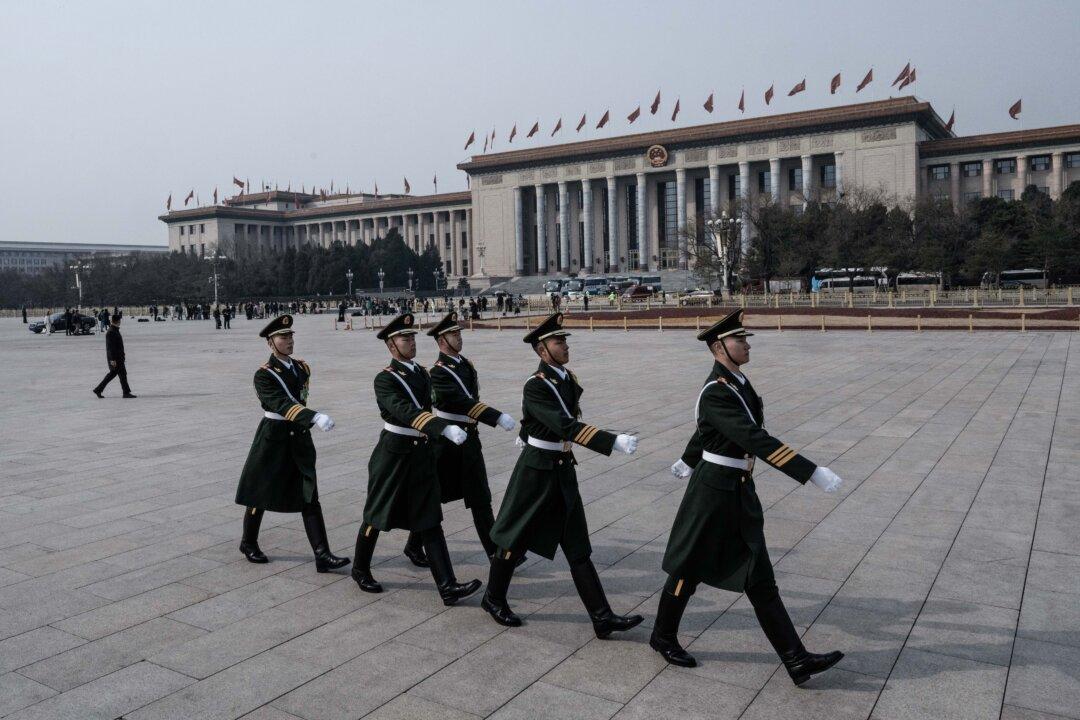New immigration laws that would jail anyone who do not cooperate with their deportation met resistance from a wide range of legal experts and community groups.
The Australian government’s attempt to head off an impending High Court ruling that risks seeing more immigration detainees freed was blocked in the Parliament and referred to a Senate Committee, which held a one-day hearing on April 15.





